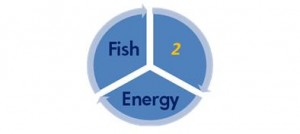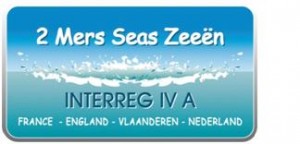Project Aims and Objectives
F2E functions as a trans-disciplinary demonstration platform, designed as an incubator of innovative solutions for sustainable maritime development in the 2Seas region.
The project focuses on:
• Harbors and vessels : experiencing and disseminating of new generation of sustainable energy applications, favorising 2Seas fishermen’s appropriation of innovative technology, more efficient, renewable, low carbon and less polluting.
• Fishing : the introduction of alternative ecological fishing techniques, taking better care to ocean waters, fisheries, biodiversity and sea bed than traditional trawling methods.
Overall goals
• To contribute to offer a future to fishing professions and trades, ensuring longevity to regional maritime industry, economic key sector of the 2Seas region.
• To establish a framework of interdisciplinary cooperation in the field of maritime technology, together with the ship-owners, the harbor authorities (national and regional), industrial and commercial private companies, universities and knowledge centers issued from the four territories of the 2Seas.
• To promote the “trans-region” as a demonstrator of maritime and port exemplary practices.
• To foreshadow the creation of an “European 2Seas Cluster” dedicated to sustainable maritime economy and fishing.
• To Impulse a cultural shift in the professional approaches of the fishing sector, traditionally conservative.
• To promote an innovating assertiveness at the core of the maritime and harbor related professions, such as taking ownership by fishermen of exemplary practices.
• To reconcile the fishermen with the ecologists, such as in the matters of scientific legitimacy of the fish quotas established by the Commission, by replacing ship, crew and professional culture at center of the debate.
• To contribute to the optimization of the dialogue and governance of the maritime spaces to be shared by increasing actors, such as “Protected Marine Areas” or offshore wind farms settlements.
• To positively influence this dialogue by objective communication, concrete and result-oriented assessment of the impact of port and fishing activities on the environment quality, the sea ground in particular, oil pollution, fishery resources, marine biodiversity, climate change and carbon emissions.

